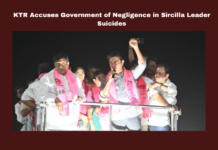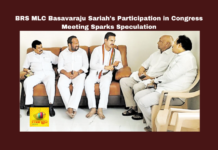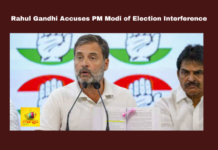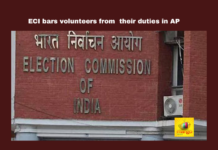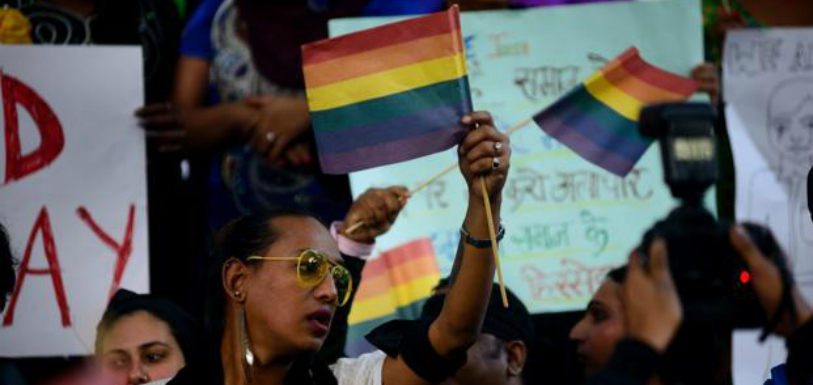The Supreme Court heard a part of the curative petitions challenging the Section 377 of the Indian Penal Code (IPC). A five judge constitution bench led by the Chief Justice of India (CJI) Dipak Misra and constituted by Justices Indu Malhotra, D. Y. Chandrachud, R. F. Nariman and A. M. Khanwilkar heard the pleas against the criminalisation of homosexuality using the Section 377 of IPC on Tuesday, July 10.
The Centre asked for more time to file its reply and appealed for the hearing date to be deferred. The SC did not grant the plea and directed the Additional Solicitor General of India, Tushar Mehta to file his reply on behalf of the Centre during the hearing.
The petitioners were represented by senior Advocate Mukul Rohatgi and Senior Advocate Arvind Datar.
Rohatgi while making his plea to the five judge bench explained that society looks at sexual minorities with aversion and this should be challenged by the constitutional morality. He further argued Section 377 is a result of Victorian morality. Drawing from the history of ancient India he gave references of Shikhandi of Mahabharata and works on the Khajuraho Caves and explained the pre-colonial South Asian culture.
Rohatgi represented the Naz Foundation and the dancer Navjet Jauhar. He argued values need to be changed and adapted to when society is changing. A 160 year old morality should not be allowed to criminalize people on the basis of their sexuality. Section 377 is a violation of human rights.
The petitions by the LGBTQ activists claim their “rights to sexuality, sexual autonomy, choice of sexual partner, life, privacy, dignity and equality along with the other fundamental rights guaranteed under Part III of the Constitution, are violated by Section 377.”
The SC on Tuesday heard petitions filed by journalist Sunil Mehra, Chef Ritu Dalmia, hotelier Aman Nath, and business executive Ayesha Kapur.
Senior Advocate Arvind Datar also argued for the petitioners. He argued that having different sexual orientation is not a crime and cannot be treated as one. It is not against the order of nature.
He further argued, according to the SC judgement on privacy, sexual orientation is an essential attribute of privacy and therefore Section 377 needs to be annulled.
The hearing will continue on Wednesday, July 11. Over the course of the hearing, the SC will have to decide if sexual freedom is fundamental to the right to life.
Countries like Germany, the United States (U. S.), Australia, France and England have decriminalized homosexuality and legally recognised same-sex marriage.




